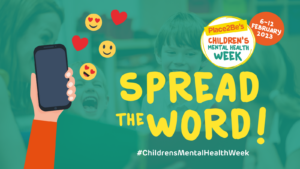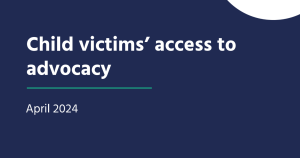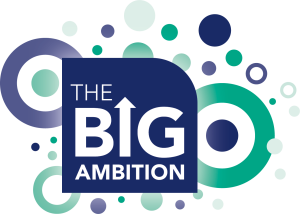This week is Children’s Mental Health Week, which provides us with an important opportunity to have a national conversation about what good mental health looks like, and where children and young people can get support quickly.
This year’s theme – “Let’s Connect” – encourages children and adults to look at how we can make meaningful connections. Children up and down the UK will be taking part in activities which help them to connect with others in healthy, rewarding and meaningful ways.
As we recover from a really disrupted few years where many young people were isolated and lonely, this is a really important message to remember. In The Big Ask, a survey of half a million children I carried out when I first took office, children told me that they really value their friendships and relationships with family, and they want to feel a part of a community – because these things are so vital for our mental wellbeing.
Human beings thrive in communities, and this connection is vital for our wellbeing, and our survival. When we have healthy connections – to family, friends and others – this can support our mental health and our sense of wellbeing. Conversely, when our need for rewarding social connections is not met, we can sometimes feel isolated and lonely – which can have a negative impact on our mental health.
Over the last few weeks, I have been speaking about the impact of the online world on children’s wellbeing. Whilst social media can be a great way to stay connected with friends and family, overwhelmingly children have told me about the negative effect that social media use, online harassment and exposure to harmful content can have on their mental health.
And it was clear from The Big Ask that mental health is a worry for many young people. It showed that this generation of children recognise the importance of good mental health now and for their future success. Sadly, we have seen a sharp increase in the number of children experiencing mental health problems in the last two years. Around 1 in 6 children and young people now have a diagnosable mental health problem, which is up from 1 in 9 children back in 2017. (Figures from NHS Digital).
That’s why weeks like Children’s Mental Health Week are helpful to shine a spotlight on these issues – everyone can get involved, spread the word, and raise vital funds for children’s mental health. But more importantly, children tell me that we need to be able to stay focused on these issues outside of awareness weeks. One 15-year-old boy told me during a focus group for a report I published last year that things like special school assemblies on mental health shouldn’t only happen during awareness weeks, but all year round.
We all have a role to play in supporting and helping to improving children’s mental health – families, schools, mental health professionals and government. Only when we all work together will we see real and meaningful change.
**
Created by Place2Be, the Children’s Mental Health Week website offers schools, families, and youth groups a range of free resources, from videos, lessons guides, assembly plans and top tips, to art activities and games, to help children explore the importance of meaningful connections.
You can also find resources for children and young people which have been developed by my office on my website here. This includes flyers for both primary and secondary school children to help them talk about their feelings and where they can go to for help.






